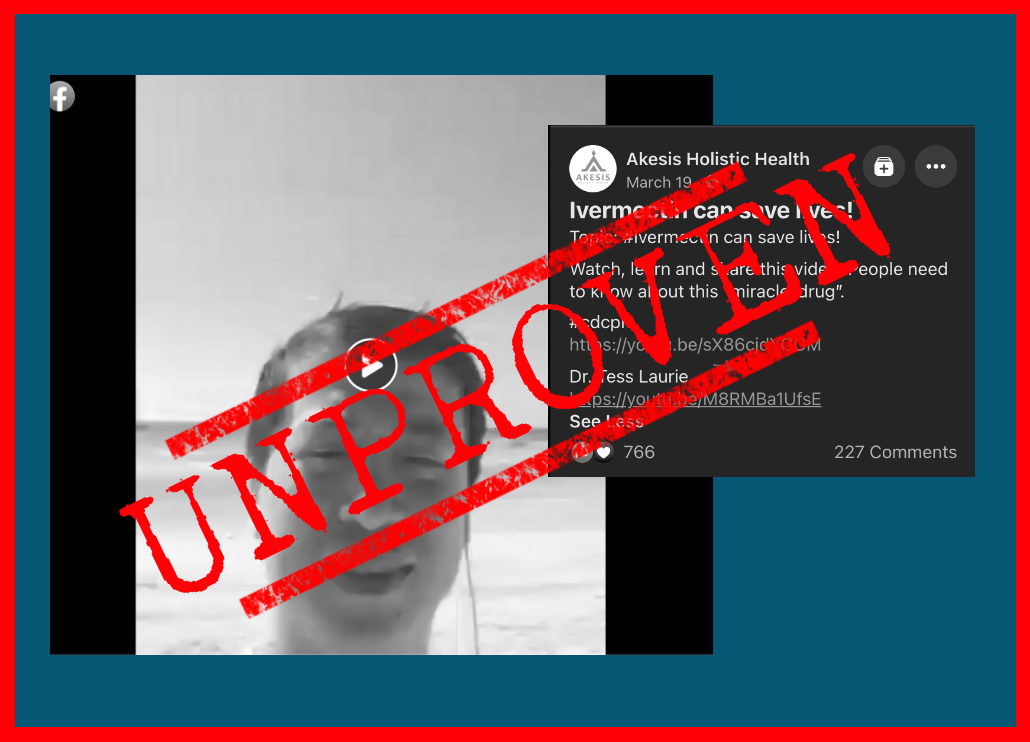Website Daily Trends (thereadersfile.blogspot.com) published on Feb. 3 a report claiming a man acquired eye cancer from regularly using his mobile phone in the dark before sleeping. It’s inaccurate.
The misleading report bore the headline, “Dahil sa Paggamit ng Gadget Gabi-gabi, Nagkaroon ng Sakit na Eye Kanser ang Lalaki (Because of gadget use every night, man gets eye cancer),” and was posted a day after World Cancer Day, Feb. 4.
It is a repost of a story that has been circulating on the Web for at least four years. The oldest traceable copy online is a February 2016 article by a website called Hope for Nigeria which claims that an unidentified 40-year-old man was diagnosed with eye cancer after he “used his mobile phone in a dark room every night before he went to sleep for 30 minutes.”
Daily Trends also claimed that “green light” from mobile screens “can cause death of the retina cells in humans,” which can “provoke cancer in the eye and loss of vision.”
It is unclear what the article refers to as “green light” but there are no studies supporting Daily Trends’ claim that it causes “death of retina cells.” Instead, it is “blue light” that has been found to cause some damage to retinas of rats.

Blue light is a kind of light with a short wavelength visible to the human eye, which can be found in “fluorescent light, compact fluorescent light (CFL) bulbs, LEDs, flat screen LED televisions, computer monitors, smartphones and tablet screens.”
Massachusetts-based ophthalmologist David Ramsey wrote in an April 2019 column for Harvard Health Publishing, Harvard Medical School’s media division, that the small amount of blue light given off by electronic devices “is not going to increase the risk of macular degeneration” of an individual.
Macular degeneration is a condition where the macula, or the “most sensitive part of the retina,” gets damaged, which could later on lead to vision loss, according to Harvard Health Publishing. The retina is responsible for sensing light and sending signals to the brain so that one can see.
“Continued” exposure to blue light over time, however, could increase the risk of having age-related macular degeneration or cause cataracts, growths on the clear covering on the white part of the eye, or eye cancer, according to a report published May 2019 on the University of California Davis’ School of Medicine website.
Additionally, Daily Trends’ thumbnail — a collage of two images featuring eye diseases superimposed with a “Play” button, which dupes readers into thinking it is a video — also lacks proof that it is of the 40-year-old patient. One photo does not even show eye cancer.
The left-hand photo, which features a side view of an eye with a growth, is a picture of an eye with uveal melanoma — or the formation of cancer cells in the eye. Its earliest retrievable copy online can be found in a 2009 post on Russian-language medical information portal Meduniver.com. While several studies show that exposure to blue light could influence the formation of uveal melanoma in animals, more research on the matter still needs to be done to prove that it also applies to humans.
The second photo, on the other hand, is of a man with conjunctivitis or pinkeye, “one of the most common and treatable eye conditions in the world.” It is the inflammation of eye tissues causing blood vessels in the eyes to be more visible, thus making the eye redder in color. The earliest copy of the photo on the web was uploaded on Chinese online encyclopedia Baike in 2009.
Daily Trends’s misleading article got over 26,000 Facebook (FB) interactions, and could have reached more than half a million social media users. Traffic to the article largely came from FB pages The Readers File and Nation’s Press-Health Guide.
Daily Trends (thereadersfile.blogspot.com) has been publishing stories since November 2017.
(Editor’s Note: VERA Files has partnered with Facebook to fight the spread of disinformation. Find out more about this partnership and our methodology.)





